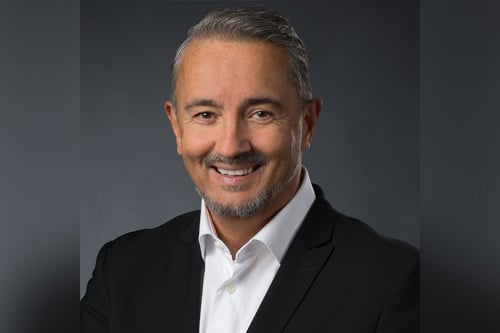One advisor explains how tragedy and crisis shaped his radical ideals for financial advice

Among all the financial advisors working in Canada today, it’s hard to imagine anyone who has as strong a claim to the label “independent” as Robert Roby.
“I didn’t have a mentor. I was homeless at the age of 16,” said Roby, senior wealth advisor at Family Tree Wealth Management in Ontario. “When my parents divorced, my father told me I could either live with him or my mom, but I wouldn’t be able to see my other parent anymore. I couldn’t accept it, and I told him it wasn’t fair; by 8 PM, I was on the street.”
The next two to three years, Roby had to bounce from place to place; he applied for student welfare and was able to keep up his education, never missing a day of school. Despite a fear of public speaking, he got a job selling life insurance policies door-to-door.
“That journey taught me that you don’t need a mentor as long as you’ve got internal motivation,” he recalled. “Everything I did was something I decided to do.”
He was in the insurance business for a number of years, after which he became an entrepreneur and explored different ventures. Eventually, he decided to enter the wealth industry, despite having no previous education on it. “It was just a matter of one stone leading to another,” he said.
From Edward Jones, he moved to Berkshire Securities, which was bought by Manulife in the late 2000s. Shortly after that came the 2008-2009 crash, the aftermath of which he considers a life-defining turning point.
“I was so livid and upset with how financial institutions and regulators allowed this great devastation,” he said. “People lost homes and retirement plans, and bad actors were bailed out on the very backs of the ones who lost everything. That’s not to mention the taxes future generations have to shoulder because of a very few corrupt people, who mostly suffered nothing but slap-on-the-wrist fines.”
At that point, he’d had enough of the “corruption and BS in the industry.” Making his way to IPC Securities Corporation, he resolved to step up and provide clients with holistic services. He would help people realize that they shouldn’t focus solely on the money they have, but think about the life they lead.
“I had some clients, the result of my time from Edward Jones, and essentially built up my practice from zero,” he said. He scoured the city for talent whom he would partner with to create better lives for clients.
The practice goes beyond even what most full-service firms offer. Aside from estate planning, cash and credit management, retirement planning, and tax planning, clients can benefit from interior design workshops, work with life care consultants, and even get assistance from the Family Tree Healthcare System.
The practice Roby built clearly stands apart from the general industry, which he sees as being overly focused on flogging products, as opposed to providing education and services. He also laments the recent trend toward lower-fee investments and services, which assumes that they give clients a decent shot at wealth.
“Regulations cap fees at a certain level, but I don’t think that matters,” he argued. “I just tell my clients the facts: pay a fair fee to an elite advisor, and you’ll get a lot more money. Unfortunately, people hear that advisors aren’t worth the paper their designations are written on, and they take that to be a universal truth.”
The 37-year veteran has other views on the industry and what clients should know, which he has laid out in a book coming out in July. Conceived in reaction to the financial crisis, it’s the product of thousands of hours of research, writing, feedback, and rewriting to produce an easy but educational and insightful read.

“I feel most books on financial advice are written on the premise of false theories, myths, and misconceptions,” he said. “I actually started in 2014, but it takes time to make something good and make it right.”
That commitment to what’s good and what’s right is something that Roby’s clientele appreciate. With just 120 hand-selected clients, his book is small compared to many others’, and he wouldn’t have it any other way.
“I was getting a lot of referrals, but I decided to stop taking clients in 2007,” he said. “I did take on three more, though, but they were all in dire straits; one of them had only $5,000 to their name, and I gave the same service I’d provide to a $5-million client. The way I see it, you don’t bring them on board unless you’re going to give your all.”



